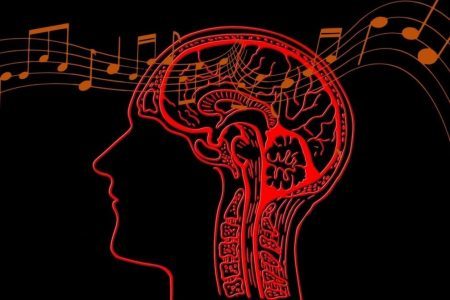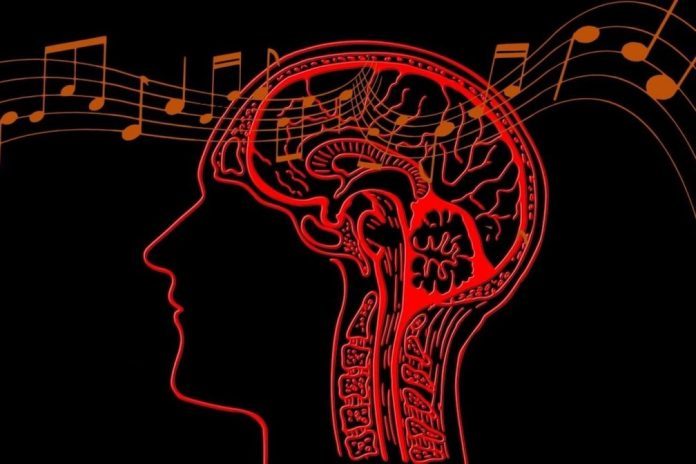
Music is a universal form of expression that transcends cultural, linguistic, and social barriers. It has the power to evoke deep emotions, awaken memories, and create connections between people. In addition, music also plays a significant role in mental health, providing stress relief, improving mood, and promoting emotional well-being. In this article, we will explore the impact of music on mental health and how it can be used as an effective therapeutic tool.
The Science Behind Music and Mental Health
The link between music and mental health has been the subject of study and research for decades. Scientific studies have shown that music can positively affect the brain and emotions in several ways:
1. Reduces Stress and Anxiety
Music has the power to calm nerves and reduce levels of the stress hormone cortisol. Listening to soft, relaxing music can be an effective strategy for relieving anxiety and promoting a state of relaxation.
2. Stimulation of Dopamine Release
Dopamine is a neurotransmitter associated with pleasure and feelings of reward. Listening to music that we like activates the brain's reward system, releasing dopamine and improving our mood.
3. Improved Focus and Concentration
Music can also improve concentration and productivity. Many people find benefits in listening to music while working, studying, or performing tasks that require attention.
4. Emotional Expression
Music provides a healthy way to express emotions. As such, composers and listeners often find music to be a way to deal with complex and difficult feelings.
Music as Therapy
In addition to the general benefits of music for mental health, it is important to note that music therapy is a formal approach that uses music as a valuable therapeutic tool. Furthermore, music therapists are highly trained professionals who work with individuals to achieve specific goals related to mental, emotional, or cognitive health.
Applications of Music Therapy
- Treatment of Depression: Music therapy can help identify and express emotions, as well as improve mood and self-esteem.
- Stress Management: Musical relaxation techniques, such as listening to soft music and sound meditation, are often used to reduce stress.
- Autism Spectrum Disorder Support: Music therapy has been shown to be beneficial in developing social skills and communication in individuals with autism.
- Physical and Cognitive Rehabilitation: Music can be used to help recover from physical injuries and develop cognitive skills.
Music Therapy Success Stories
Numerous individuals have reported remarkable improvements in their mental health through music therapy. One notable example is the case of patients with Alzheimer’s disease. Indeed, music can evoke old memories and provide deep emotional comfort to people struggling with this condition.
Incorporating Music into Your Daily Routine
You don’t have to be a music therapy expert to reap the mental health benefits of music. Here are some simple ways to incorporate music into your daily life:
1. Create Therapeutic Playlists
To better organize your music preferences, you can create playlists that match your mood or the emotions you want to experience. For example, have a relaxing playlist ready for times of stress, and an upbeat playlist ready for when you need an energy boost.
2. Practice Attentive Listening
Take some time to listen to music mindfully. First, gently close your eyes, breathe deeply, and then allow yourself to fully immerse yourself in the rich musical experience unfolding before you. Feel free to let yourself go on this sonic journey, and as you do so, pay careful attention to the details that make up the music, such as the melody, harmony, and depth of the lyrics.
3. Play an Instrument
Learning to play a musical instrument is a rewarding way to engage with music. Even if you’re a beginner, playing a few notes on a guitar or keyboard can be a therapeutic experience.
4. Try Therapeutic Dance
Dance is a form of body expression that combines movement and music. Dancing can release emotions, improve mood and promote connection with the body.
Music is much more than just a form of entertainment; it is a powerful tool for promoting mental health. Whether through attentive listening, creating therapeutic playlists or exploring music therapy, music can play a significant role in managing stress, relieving anxiety and improving emotional well-being. So don’t underestimate the healing power of music – allow yourself to immerse yourself in this world of sound and discover how it can transform your life for the better. After all, healing harmony is within everyone’s reach, all we need to do is give music a chance.
